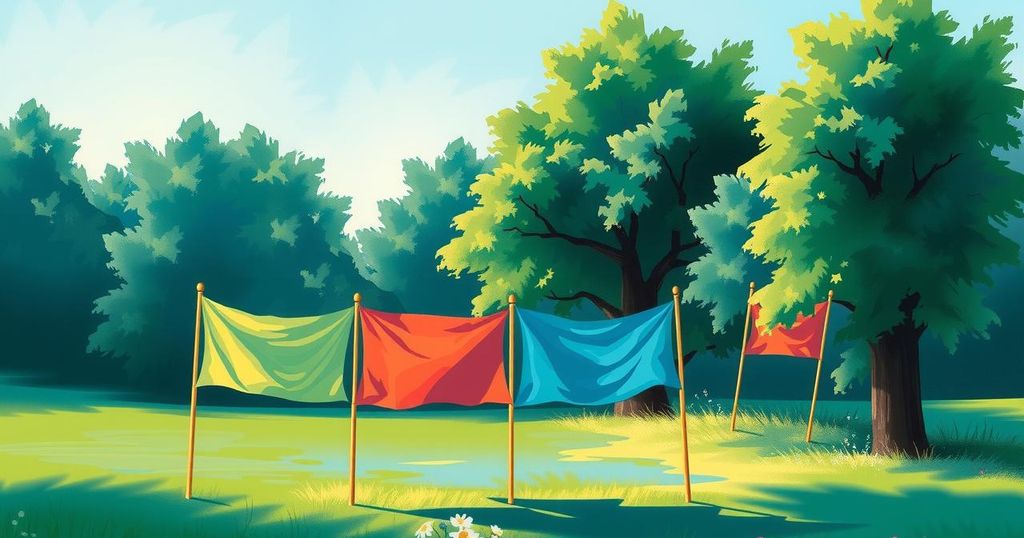Protests Erupt in Mauritius Over Chagos Islands Rights and Recognition

Protests in Mauritius focus on the Chagos Islands, with thousands demanding rights for Chagossians. Activists seek compensation for past injustices and implementation of the ICJ ruling. The movement raises important questions about colonial history and self-determination.
Recent protests in Mauritius are spotlighting the ongoing tensions surrounding the Chagos Islands, a group in the Indian Ocean that Britain has continued to administer since 1965. Thousands gathered in the capital, Port Louis, demanding more rights and recognition of the Chagossians, many of whom were forcibly relocated from their homes decades ago to make way for a US military base. Activists are calling for the repatriation of displaced families and the return of British sovereignty to Mauritius.
Participants at the protest expressed their frustration over Britain’s prolonged control of the islands. They argue that the Chagossian people deserve compensation for the injustices they have faced and the loss of their homeland. “We will not give up the fight for our rights,” said one protester, emphasizing the enduring spirit of the Chagossians despite numerous setbacks over the years.
The timing of these protests comes on the heels of international attention surrounding the sovereignty of the Chagos Islands. In 2019, the International Court of Justice (ICJ) issued an advisory opinion declaring that Britain must end its administration of the islands and expedite their return to Mauritius. This has ignited further calls from Mauritian officials to act on the ICJ ruling, although Britain has yet to comply fully.
Moreover, the United Nations has also weighed in, urging the UK to return control to Mauritius. As the Chagossians continue their struggle for recognition and restoration, Mauritius insists they will not back down until the islands are returned. Local political leaders have also tapped into this sentiment, reaffirming their loyalty to the Chagossians and their cause.
With the protests attracting increasing attention, it raises questions about historical colonial legacies and self-determination. The Chagos Islands issue serves as a reminder of the complex and often painful interactions between nations and their former colonies. As the situation develops, all eyes will be on the UK and Mauritius to see if any substantive changes will arise from these demonstrations.
The protests in Mauritius underscore the ongoing struggle for the return of the Chagos Islands and recognition of the Chagossians. Activists are demanding reparations and action on the ICJ ruling. With strong support from the Mauritian government and international bodies, the movement highlights the broader implications of colonial legacy and self-determination for displaced communities. This situation remains a critical point of contention that could shape future diplomatic relations.
Original Source: www.ncnewsonline.com







